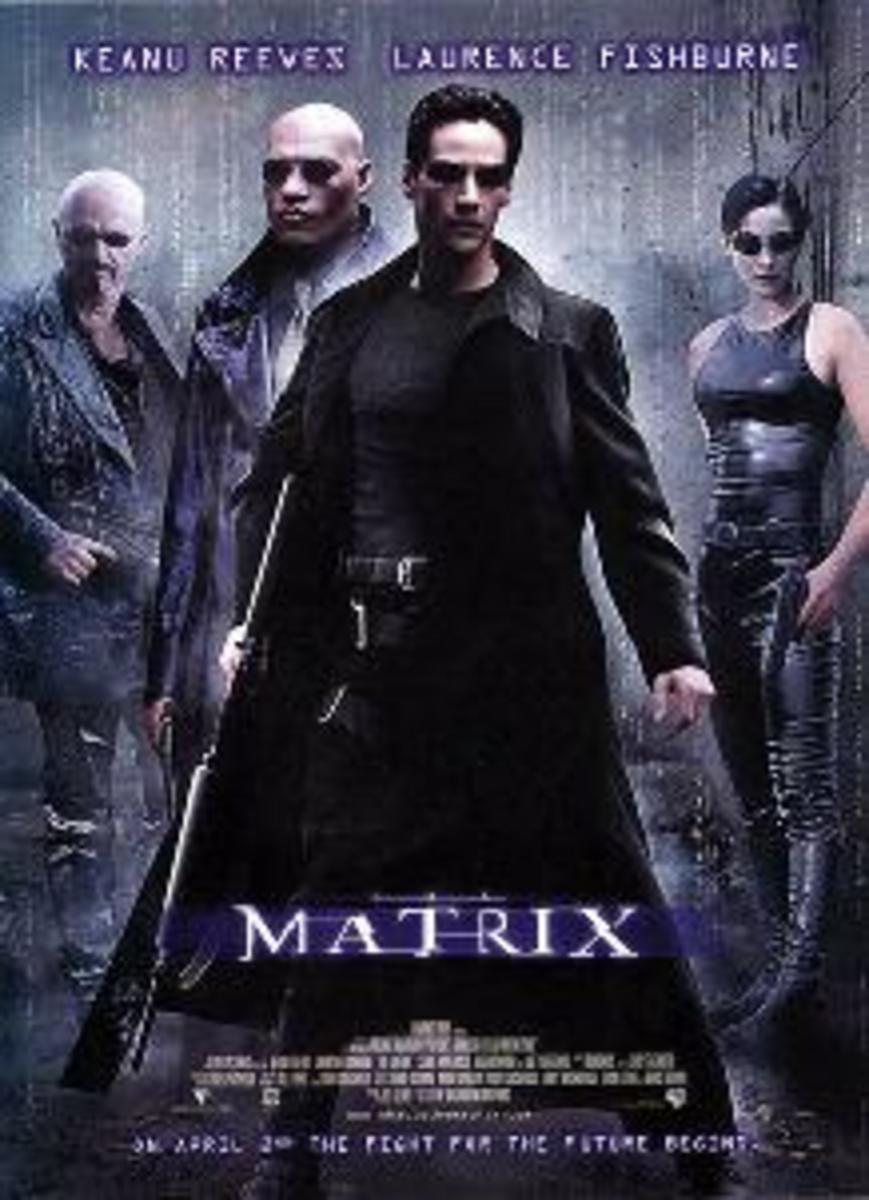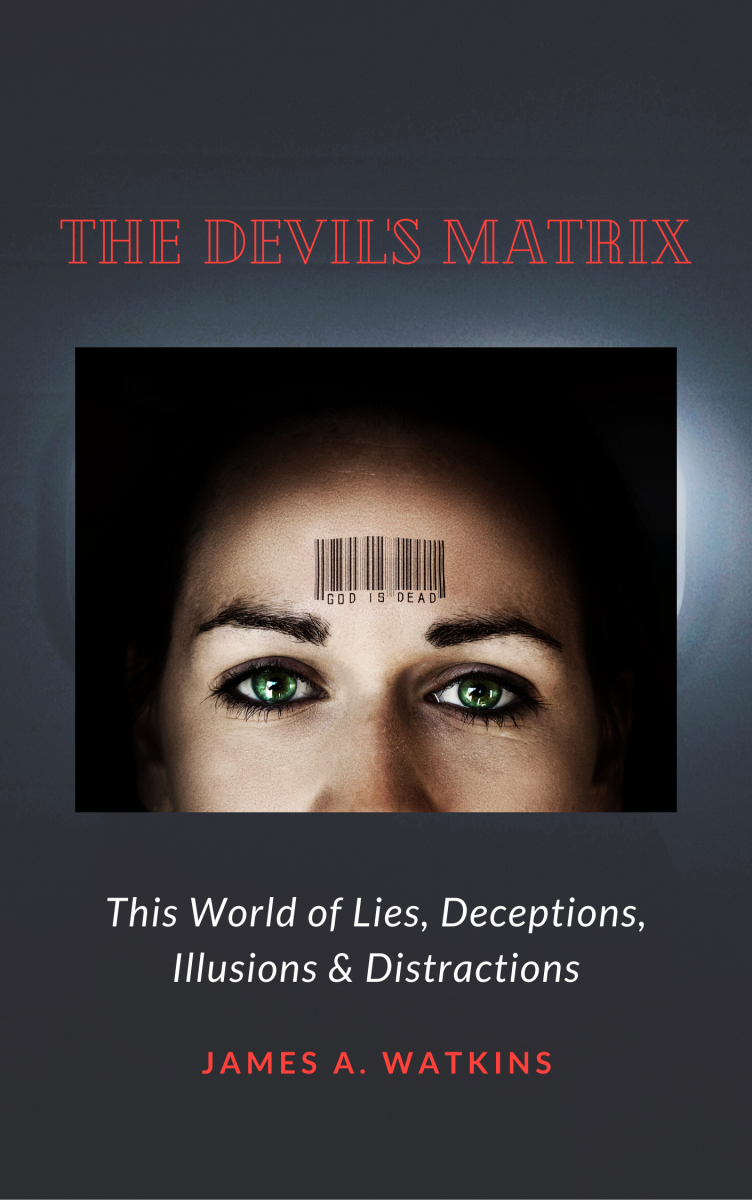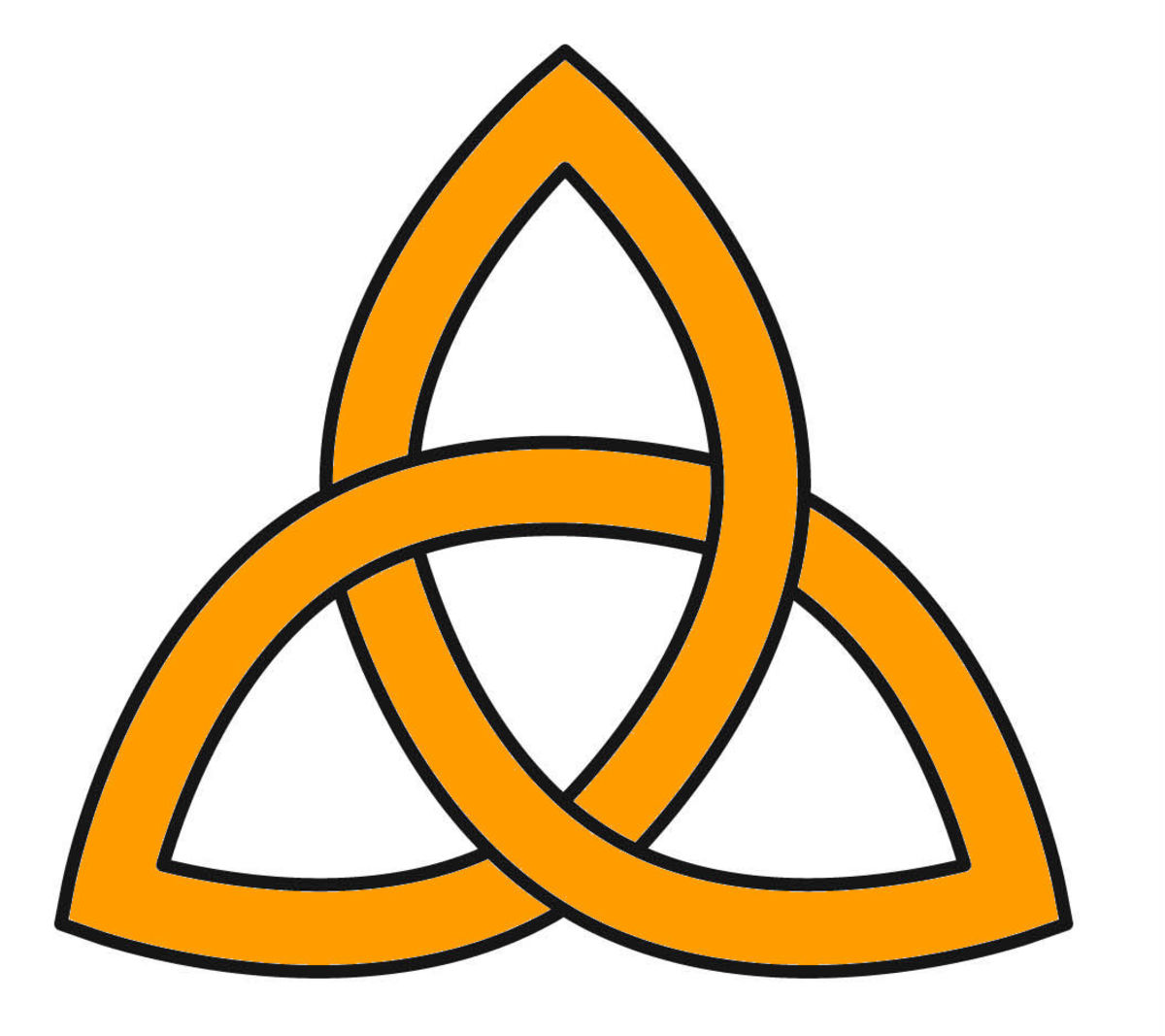Movie Parables: The Matrix

Choose the Red Pill
In the science-fiction film The Matrix, the real world has been taken over and controlled by the machines. The humans are prevented from knowing the unseen reality of their world. The machines use the minds of human beings to create a world that doesn’t truly exist. They tamper with their brains and feed them a false reality of freedom. This false reality is in truth, a computer-generated dreamland called the Matrix. The humans may perceive that they are free, but in reality it is the machines that control them to live their lives as they see fit. Tragically, the humans think that they are happy living in this make-believe world, but they are actually entombed in life pods where their bodies are used as an energy source.
Fortunately, there are some renegade humans who have managed to free themselves from these prison pods and now battle their former captors. They have awakened to a real world full of blood, sweat, and tears; a world that is dark and hostile to humans. They have become the hated and persecuted targets of these machines as they engage them in mortal combat at every turn.
Early in the story, Morpheus, the leader of the escaped band of humans, contacts a person whose mind is still controlled by the Matrix. The man’s name is Neo. “Let me tell you why you’re here,” says Morpheus. “You’re here because you know something. What you know you can’t explain—but you feel it. You’ve felt it your entire life: that there’s something wrong with the world. You don’t know what it is, but it’s there, like a splinter in your mind, driving you mad. It is this feeling that has brought you to me. Do you know what I’m talking about?” “The Matrix?” Neo asks. “Do you want to know what it is?” asks Morpheus. Neo nods. “The Matrix is everywhere. It is all around us. Even now in this very room. You can see it when you look out your window or when you turn on your television. You can feel it when you go to work, when you go to church, when you pay your taxes. It is the world that has been pulled over your eyes to blind you from the truth.” “What truth?” asks Neo. “That you are a slave, Neo. Like everyone else, you were born into bondage. Born into a prison that you cannot smell or taste or touch—a prison for your mind. Unfortunately, no one can be told what the Matrix is. You have to see it for yourself.” Morpheus takes out two pills—one blue, one red. “This is your last chance. After this there is no turning back. You take the blue pill—the story ends, and you wake up in your bed and believe whatever you want to believe. You take the red pill—you stay in Wonderland and I’ll show you how deep the rabbit hole goes. Remember, all I’m offering is the truth, nothing more.”
Neo chooses the red pill, and the Matrix starts to break down. He sees the world for how it really is. He realizes that the truth is a war between good and evil and that the allures of this world are nothing but an illusion. Neo’s perception of his day-in, day-out world was once real. But the red pill awakened him. Although it was a hard pill to swallow, it rudely roused up his sleeping senses to the reality that the world of the Matrix is a hoax, an elaborate deception by all-powerful machines of artificial intelligence to control us. His true purpose unfolded as he set out to free his imprisoned people.
Jesus’ beatitudes of blessings and woes found in Luke 6:20-26 serves that same purpose. It enlightens those who are blinded by this world system. It is a red pill is a hard pill to swallow for it rudely awakens those who once perceived that the world was right side up only to discover the grim reality that it is upside down. That we all are enslaved by the system of this world that tells us that to be poor, hungry, mournful, and hated is a bad thing. We conform to the pattern of this world by obeying the dictates of the choices we are to make: to be rich, to be filled, to be found laughing, and to be seeking the approval of others. We are bombarded daily by the media, it’s everywhere: the television, radio, magazines, and newspapers that tell us how we should live, where we should be headed, or what we should be striving for. This system imprisons us into believing that we lived cursed and lost lives if we are found to be lacking or without the good things that make for life. And many people are sucker-punched into seeking out these fairy tale endings in order to live happily ever after. They clock-in and clock-out of this make believe world thinking that these perceived hopes and dreams would one day come true. Jesus launches the beatitudes of blessings and woes in order to rock their illusive world, shake the sleep of their eyes, and awaken them to the reality of the world as God intended it to be.
Sadly, the multitude of people around us never wake up or some even refuse to open their eyes. They comfort themselves in saying that the Beatitudes, along with the Ten Commandments, the Twenty-Third Psalm, the Lord’s Prayer and other such hallmark bible passages, are to be admired as the highest expressions of religious insight and moral inspiration. We can affirm them, meditate upon them, engrave them on plaques, and hang them in our homes. But to live our lives in response to them would be social suicide. After all, Jesus wasn’t being practical and was obviously lacking in common sense. He was doing things that he shouldn’t have done. His actions ultimately got him in trouble with the law, made fast enemies, courted certain danger, and speeded up the inevitable date of his execution. When we find ourselves saying, “Jesus couldn’t mean what he said, it’s too impractical, foolish and costly,” an alarm should go off inside you. If not, then the blue pill has taken its toll and you believe what the world wants you to believe.
But there will always be those who choose to swallow the red pill and literally believe in what Jesus said and did. These are the once hopeless cases that experience a divine blessedness in their lives. Their past make believe world begins to pale in comparison to the kingdom that is to come. The word “blessed,” makarios refers to the highest type of well-being possible for human beings—it’s a kind of blissful existence. God meets these lame losers, hungry good-for-nothings, mournful crybabies, and total rejects and blesses them with a joyful sufficiency that arrests their appalling needs. In Jesus, the kingdom of God has come near and brought these happy beatitudes to liberate the lost.
Does it look like you lost your life in the powerful lure of this worldly system? The proof of this counter culture life offered to us is visibly seen in those beatitude believers who have become poor, hungry, mournful, and hated for Jesus’ sake. Can you say that you are really walking in the good news of the kingdom of God? Can you say that once you were lost but now you are found, was blind, but now you see? Can you say that the wool of this make-believe world was pulled away from your eyes and you can finally see the light—the world as God would have you see it? If so, you can go forward in confidence and experience the reality of the red pill. You can also offer to other hopeless cases around you the chance to choose the blessings of the red pill over the woes of the blue pill. Who would be on your list of “blinded blessables” in your world today? Should they remain in an ignorant blissful existence yet imprisoned in this dark, hostile, and counterfeit world? Is God calling you to be the one to pull the wool from their eyes? Remember, all you’re offering them is the blessed truth that will set them free to be all that God had purposed them to be (John 8:32).
The Matrix (Warner Brothers, 1999), written and directed by Andy and Larry Wachowski.
Copyright 2009, Gicky Soriano. All rights reserved.
More Movie Parables:
- Movie Parables: Apollo 13
My son and I, caught the Apollo 13 matinee feature in the mid-nineties. The movie was as intense and heart stopping as the critics said it would be. I believe I was just about my son’s age when this... - Movie Parables: Blade Runner
Director Ridley Scott’s 1982 film adaptation of Philip K. Dick’s science fiction novel Do Androids Dream of Electric Sheep? (1968) failed to draw rave reviews from movie critics and audiences alike at its... - Movie Parables: Chariots of Fire
The true story of two British track athletes who compete in the 1924 Paris Summer Olympics was captured in the historic film drama Chariots of Fire. Harold Abrahams, a determined Jewish student, ran for... - Movie Parables: Gods and Generals
Jeffrey M. Shaara’s bestseller, Gods and Generals was made into an epic motion picture that charted the early years of the American Civil War as well as the rise and fall of legendary war hero “Stonewall... - Movie Parables: Les Miserables
The 1998 film, Les Misérables, translated “the Wretched Poor,” is based on the famous 1862 novel by French author Victor Hugo. The story revolves around an escaped prisoner by the name of Jean Valjean... - Movie Parables: Major League
I’m thinking about Jake Taylor, a baseball catcher playing for the Cleveland Indians in the 1989 film Major League. There was a time when he was one of the best in the game until his knees were shot-out. ... - Movie Parables: The Right Stuff
Has your world ever gotten rocked in the worst way? You wake up early one sunny morning, brew your best blend of coffee, and ease into your favorite recliner to read your Bible, the newspaper or a... - Movie Parables: The Thorn Birds
The Thorn Birds is the second most-watched miniseries in television history. This multi-Emmy award winning film epic was set in Drogheda, a sheep station located in the Australian outback between the years...
Recommended Reading









